- Teacher: Mollie Galloway
Lewis & Clark Moodle
Search results: 2164
- Teacher: Mollie Galloway
- Teacher: Mollie Galloway
and has entered the "third wave" of scholarship,
having an understanding of the variations of the
theory is critical to serving diverse students on
college campuses. This course applies a critical
lens to introduce practitioner-based student
development theories within higher education.
Topics discussed will be informed by current
issues in higher education. The main objectives
for this course are: to examine theories, to
explore how theories inform your praxis, and to
demonstrate your intellectual understanding of
systems of equity and inclusion in higher
education settings.
- Teacher: Christopher Potts
This is a one credit elective course; we will meet for a total of 15 hours
- Teacher: Renee Orlick
- Teacher: Anna Gonzalez
Independent Study enables a student to pursue, in, collaboration with a faculty member, an academic, course not currently offered. To receive credit, for independent study, the student consults with, the faculty member before registration to define, the course content, title, amount of credit, and, academic evaluation. As a general rule, a graduate, student may apply no more than three courses of, independent study toward a graduate degree or, licensure.
- Teacher: Amy Wang
- Teacher: Hollie Elliott
collaboration with a faculty member, an academic
course not currently offered. To receive credit
for independent study, the student consults with
the faculty member before registration to define
the course content, title, amount of credit, and
academic evaluation. As a general rule, a graduate
student may apply no more than three courses of
independent study toward a graduate degree or
licensure.
- Teacher: Heather Colombo
- Teacher: Miranda Carney-Morris
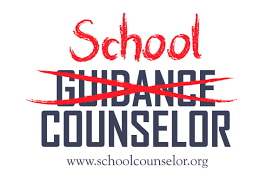
- Teacher: Tamara Tribitt

- Teacher: Tamara Tribitt
counseling topics: history of the school
counseling profession, professional organizations,
leadership for educational equity, perspectives
and practices for school counseling in the 21st
century, professional identity, personhood of the
counselor, systemic racism and social justice
issues impacting school counseling, and
comprehensive school counseling program
development.
- Teacher: Tianka Pharaoh

skills needed for effective career counseling and
consultation in educational settings. Students
will explore a comprehensive range of topics
related to the interrelationships between work,
mental well-being, relationships, and other life
roles and factors. Key standards covered include
career theories, ethical and culturally relevant
strategies for addressing career development,
career information systems, career-focused
assessments, core curriculum planning, and
advocacy. Students will become proficient
career-focused school counselors prepared to work
with diverse K-12 students' needs in school
environments through the integration of theory and
practice. By the end of the course, students will
be well-prepared to serve as knowledgeable and
ethical career-focused school counselors and
consultants in school settings.
- Teacher: Tamara Tribitt
skills needed for effective career counseling and
consultation in educational settings. Students
will explore a comprehensive range of topics
related to the interrelationships between work,
mental well-being, relationships, and other life
roles and factors. Key standards covered include
career theories, ethical and culturally relevant
strategies for addressing career development,
career information systems, career-focused
assessments, core curriculum planning, and
advocacy. Students will become proficient
career-focused school counselors prepared to work
with diverse K-12 students' needs in school
environments through the integration of theory and
practice. By the end of the course, students will
be well-prepared to serve as knowledgeable and
ethical career-focused school counselors and
consultants in school settings.
- Teacher: Tianka Pharaoh
- Teacher: Danielle Torres
- Teacher: Danielle Torres
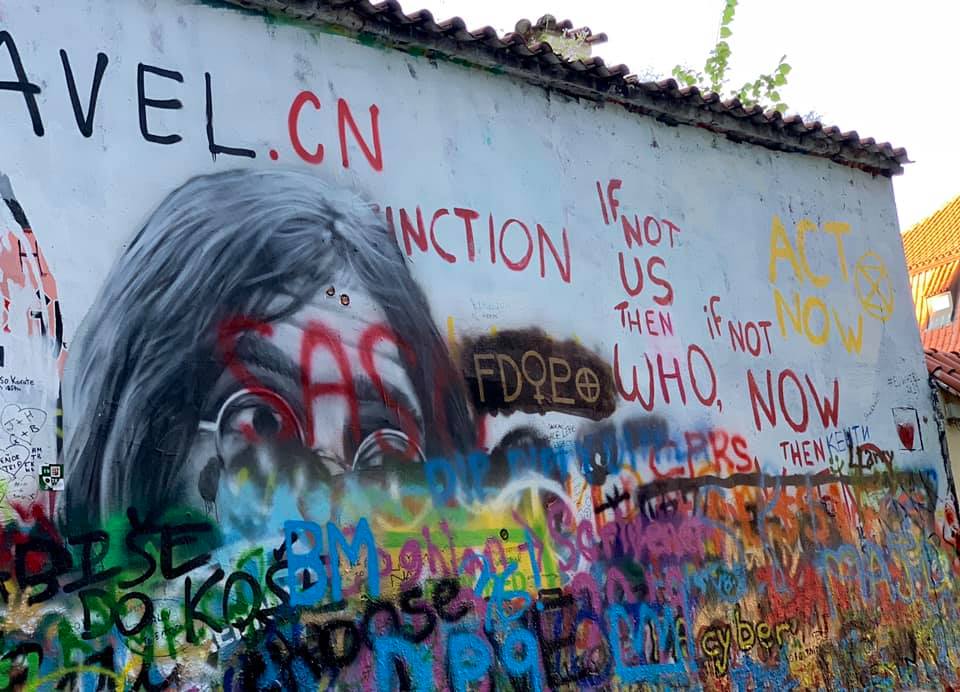
- Teacher: Tamara Tribitt
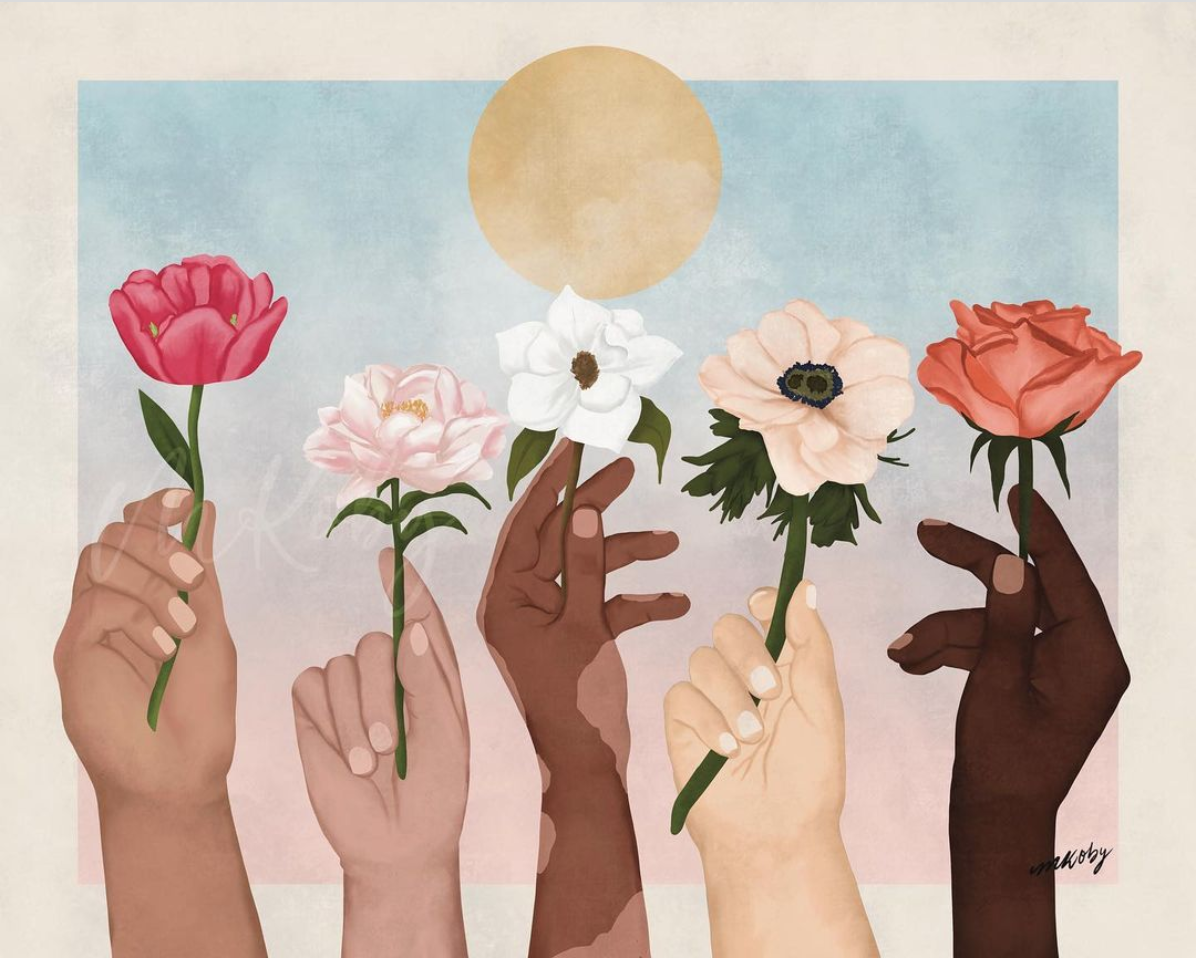
- Teacher: Tamara Tribitt
- Teacher: Danielle Torres
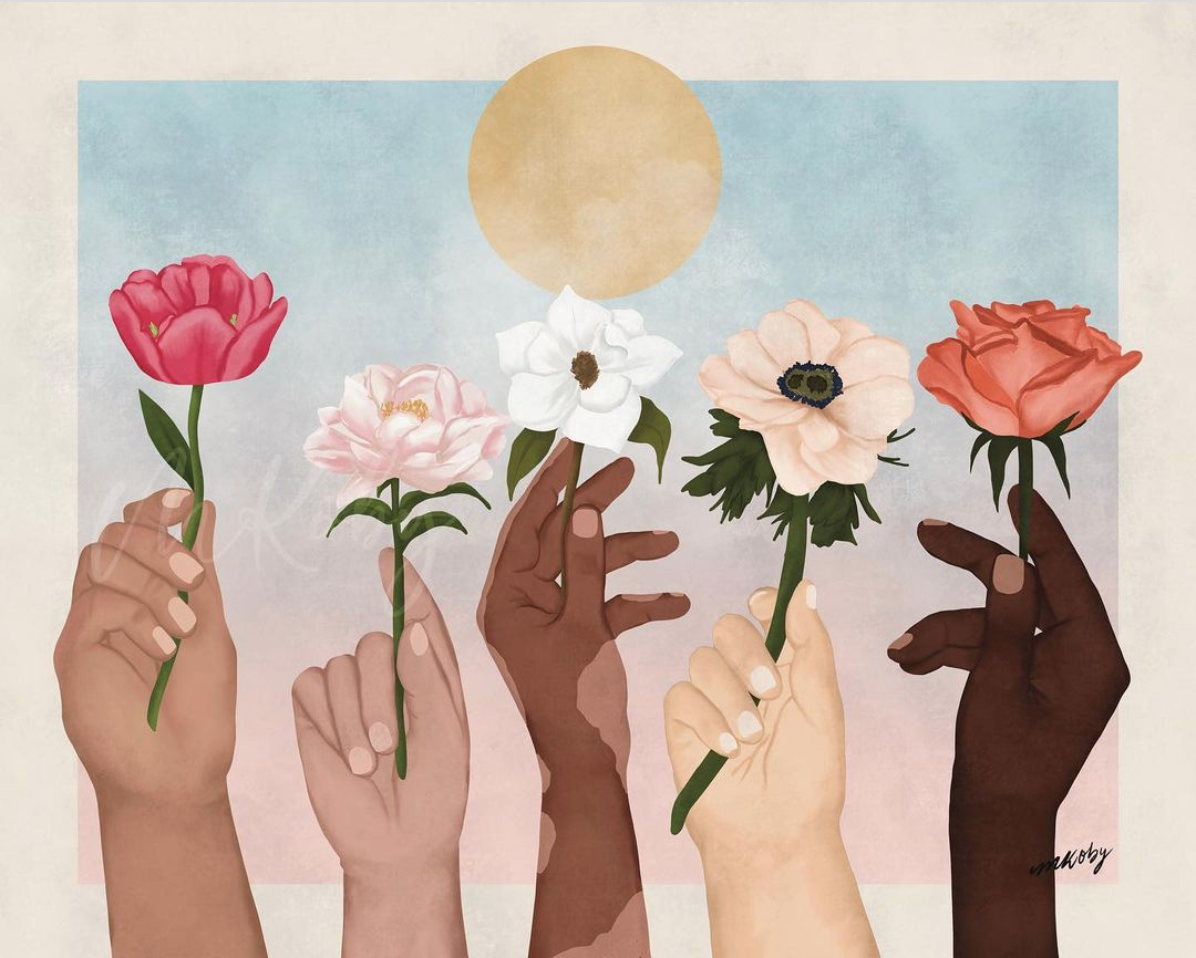
- Teacher: Tamara Tribitt
- Teacher: Danielle Torres
- Teacher: Danielle Torres
- Teacher: Danielle Torres
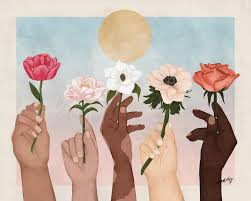
- Teacher: Tamara Tribitt
- Teacher: Danielle Torres

diverse communities as identified by race,
ethnicity, gender, class, sexual orientation, age,
disability, or religion. Addresses methods for
positively impacting social and cultural diversity
and equity issues including the possible effects
of culture, race stereotyping, family,
socioeconomic status, gender, sexual identity,
language, and values on student development and
progress in the school setting. Content and
methodology emphasize small-group activities,
collaboration, and use of data to create equity
for all students. Candidates practice taking an
active role in supporting all students and focus
on eliminating the achievement gap.
- Teacher: Tamara Tribitt
- Teacher: Tianka Pharaoh
- Teacher: Tianka Pharaoh
- Teacher: Rafe McCullough
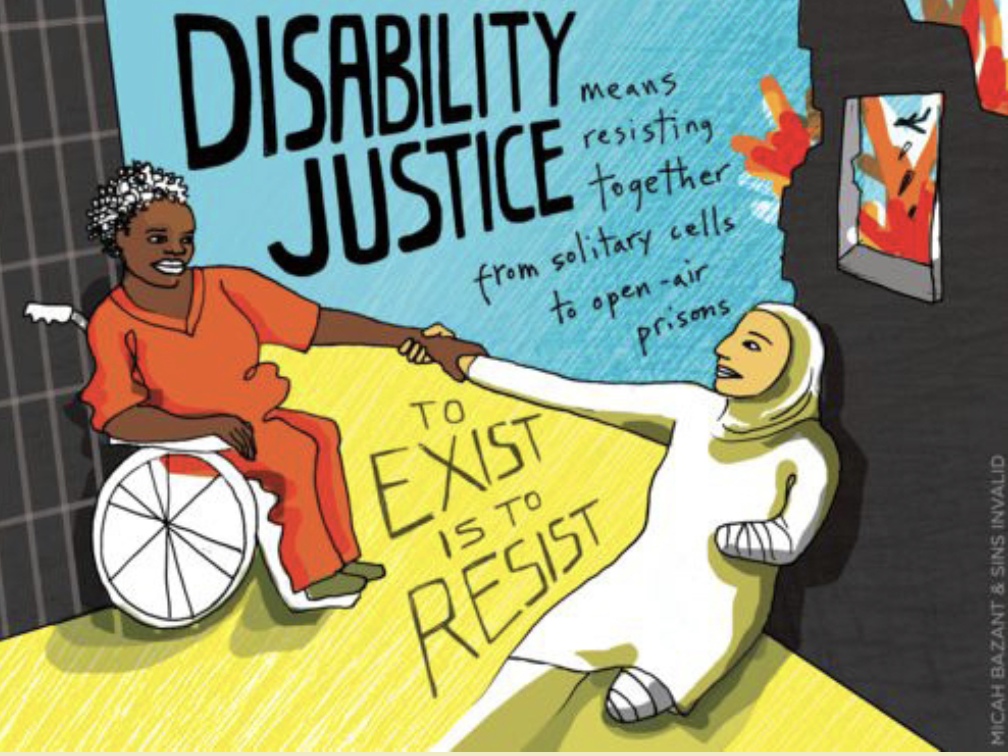
opportunity to develop awareness of social,
cultural, and political histories of disability,
and to develop a nuanced understanding of the
meanings and consequences of how disability is
defined, constructed, and represented in society.
Emphasis will be placed on challenging and
countering hegemonic narratives of disability,
especially the view that disabled individuals are
somehow defective or deficient in some way and
need to be "fixed". Students will be encouraged to
develop awareness of their own ableism, identify
various models of disability, and learn skills and
strategies for effective and affirmative
counseling with youth and adults with
disabilities.
- Teacher: Rafe McCullough
- Teacher: Rafe McCullough

- Teacher: Renee Caballero
- Teacher: Tamara Tribitt
- Teacher: Danielle Torres
- Teacher: Danielle Torres
- Teacher: Danielle Torres
- Teacher: Danica Jensen Weiner
- Teacher: Danielle Torres
- Teacher: Danielle Torres
- Teacher: Danica Jensen Weiner
- Teacher: Danica Jensen Weiner
- Teacher: Danielle Torres
- Teacher: Danielle Torres
- Teacher: Danielle Torres
- Teacher: Danielle Torres
- Teacher: Danica Jensen Weiner
- Teacher: Danielle Torres
- Teacher: Danica Jensen Weiner
- Teacher: Danica Jensen Weiner
- Teacher: Danica Jensen Weiner
- Teacher: Danielle Torres
- Teacher: Danielle Torres
- Teacher: Danielle Torres
- Teacher: Danielle Torres
- Teacher: Danielle Torres
- Teacher: Danielle Torres
- Teacher: Danielle Torres
- Teacher: Tianka Pharaoh
- Teacher: Tianka Pharaoh
provide school counseling candidates 100 hours of
direct experience in a K-12 school setting working
with students and staff. Under the direction of
the site supervisor/licensed school counselor, the
candidate will support a small caseload of
students, continue to develop conceptual and
professional skills related to their
transformative school counseling practice, engage
in a variety of counseling program interventions
and activities, provide individualized support for
students and staff, and attend a variety of school
counseling program activities. The counseling
practicum weekly course is designed as a
supervisory experience integrating theory and
research at the school placement site. Weekly
supervision will provide: support, feedback, case
review, case conceptualization, video review, role
play, continuation of skill development/practice,
and opportunities for reflective inquiry.
- Teacher: Tamara Tribitt
- Teacher: Tamara Tribitt

- Teacher: Tamara Tribitt
- Teacher: Tianka Pharaoh
- Teacher: Danielle Torres
- Teacher: Danielle Torres
- Teacher: Danielle Torres
- Teacher: Danielle Torres
- Teacher: Danielle Torres
- Teacher: Danielle Torres
- Teacher: Danielle Torres
- Teacher: Danielle Torres
- Teacher: Danielle Torres
- Teacher: Danielle Torres
- Teacher: Danielle Torres
- Teacher: Danielle Torres
Independent Study enables a student to pursue, in, collaboration with a faculty member, an academic, course not currently offered. To receive credit, for independent study, the student consults with, the faculty member before registration to define, the course content, title, amount of credit, and, academic evaluation. As a general rule, a graduate, student may apply no more than three courses of, independent study toward a graduate degree or, licensure.
- Teacher: Heather Hadraba
Independent Study enables a student to pursue, in, collaboration with a faculty member, an academic, course not currently offered. To receive credit, for independent study, the student consults with, the faculty member before registration to define, the course content, title, amount of credit, and, academic evaluation. As a general rule, a graduate, student may apply no more than three courses of, independent study toward a graduate degree or, licensure.
- Teacher: Heather Hadraba
This page welcomes and provides information for new School Counseling students starting summer and fall 2019.
- Teacher: Frances Lessman
This page welcomes and provides information for new School Counseling students starting summer and fall 2020.
- Teacher: Frances Lessman
- Teacher: Liza Finkel
- Teacher: Liza Finkel
- Teacher: Liza Finkel
- Teacher: Liza Finkel
- Teacher: Liza Finkel
- Teacher: Alfonso Garcia Arriola
- Teacher: Daniel Robinette
- Teacher: Gabe Nagler
- Teacher: Amy Bushaw
- Teacher: Amy Bushaw

- Teacher: Bruce Podobnik
- Teacher: Maryann Bylander
- Teacher: Maryann Bylander
- Teacher: Maryann Bylander
- Teacher: Sidra Kamran

- Teacher: Bruce Podobnik
- Teacher: Sidra Kamran
foundation for the design of concrete research
projects in sociology and anthropology.
Exploration of philosophies, ethics, and
epistemologies associated with qualitative and
quantitative research. Methods include participant
observation, interviewing, surveys, statistical
analysis, and textual interpretation.
Conceptualization, development, and writing of
effective research proposals.
- Teacher: Sidra Kamran
- Teacher: Sarah Warren
- Teacher: Sarah Warren
- Teacher: Sarah Warren
- Teacher: Sarah Warren
issues of bodily autonomy and human rights. With
emphasis on contemporary U.S. society, the course
will survey the medicalization of birth, the
spectrum of birth work, and the rights of pregnant
and parenting people, acknowledging that
reproduction is an experience that goes beyond the
gender binary. The course centers scholarship and
narratives of historically marginalized
identities, particularly the sociocultural context
of Black/African American women in reproductive
politics. Reproductive justice is also a social
movement that seeks equity beyond birth through
the alleviation of social ills linked to
institutional racism and other mechanisms of
oppression, including heterosexism. This course
situates the body and reproductive experience as
one that is socially constructed and shaped by
social location (e.g., race, ethnicity, gender,
sexuality, class, citizenship status, age,
ability, or religion) to regulate bodily autonomy.
- Teacher: Jadee Carathers
issues of bodily autonomy and human rights. With
emphasis on contemporary U.S. society, the course
will survey the medicalization of birth, the
spectrum of birth work, and the rights of pregnant
and parenting people, acknowledging that
reproduction is an experience that goes beyond the
gender binary. The course centers scholarship and
narratives of historically marginalized
identities, particularly the sociocultural context
of Black/African American women in reproductive
politics. Reproductive justice is also a social
movement that seeks equity beyond birth through
the alleviation of social ills linked to
institutional racism and other mechanisms of
oppression, including heterosexism. This course
situates the body and reproductive experience as
one that is socially constructed and shaped by
social location (e.g., race, ethnicity, gender,
sexuality, class, citizenship status, age,
ability, or religion) to regulate bodily autonomy.
- Teacher: Jadee Carathers